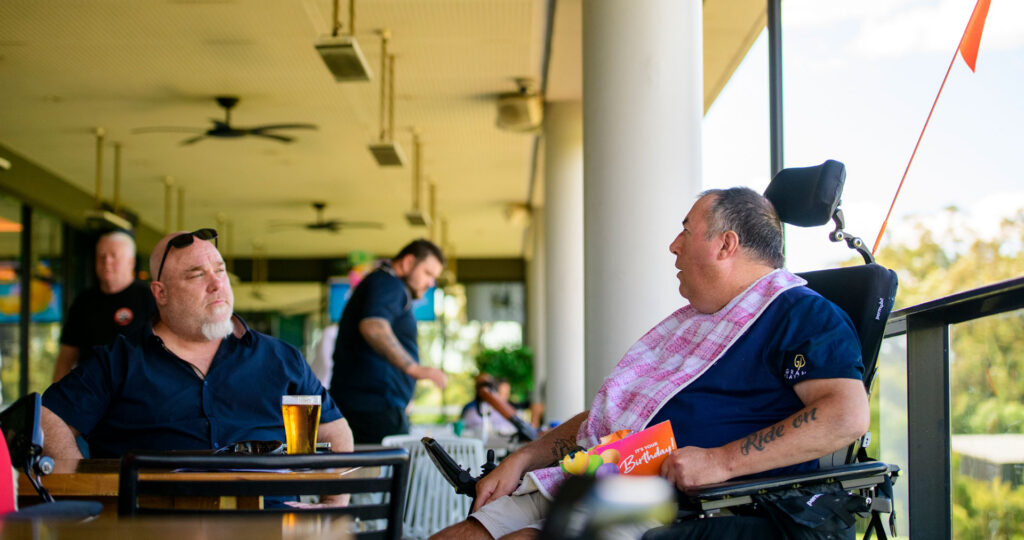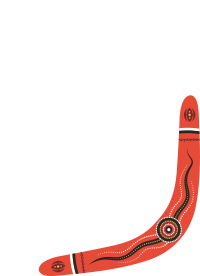Following a catastrophic accident or incident that results in a lifelong disability, the adjustment for impacted individuals is significant. And that’s not only for the person directly impacted by the event or diagnosis. The family, friends and support network of a person who has acquired a significant and life-changing injury or disability must also navigate change as they come to terms with a new way of life.
Suddenly, normal everyday tasks may feel overwhelming, and the way things have always been done are no longer feasible. Here we offer some insight into the process of learning to accept this new reality, and what you can expect to feel along the way.
The key thing to remember is that there are services and teams available to help and guide you. At this time – be that with practical and physical support, or to help share the emotional and psychological load of learning to live with a disability.
Read our blog on the support available for carers, or our Tips & Advice section for more information.
Accepting and adjusting to the ‘new normal’: The psychological Impacts of disability
Even with a temporary injury like a broken leg, you have to adjust, adapt and accept your situation, finding ways to deal with it and continuing to live life. Adjusting to a lifelong disability is an ongoing process as with most significant injuries, they will continue to change and evolve over time – either with age, health complications or changes in circumstances.
Oftentimes we see that clients and their families are unprepared for the level of psychological support that can be required in navigating the emotional toll of a significant life change. The disability, the daily care and the presence of care providers in the home are a continued reminder of what has happened, and this can often prolong the grieving and acceptance process.
The four stages of adjustment
According to experts, when faced with a disability, people go through four stages of adjustment, characterised by certain psychological symptoms. Similar to mourning a loss, there are stages a grief one experiences when faced with adjusting to life with a disability:
- Shock – A state of numbness, both physical and emotional: ‘I can’t believe this is happening’ to me.
- Denial – Denial is a defence mechanism that allows the full implications of an injury to be gradually introduced, as if being faced with a fact that is too uncomfortable to accept. The mind rejects the new reality, insisting that it is not true despite clear evidence.
- Anger / Depression – This is the reaction to the loss and may include withdrawal, hostility, self-blame, worthlessness and grief. Individuals may grieve for their lost physicality, function, life satisfaction, or the loss of future plans and expectations.
- Adjustment / Acceptance – This stage does not necessarily imply happiness about one’s disability. It is more about moving on from false hopes of going ‘back to normal’ and successful adaptation and comfort in their new identity.
These stages are all normal and expected, but are not linear. People will progress – and often regress – through the stages at different paces and may skip some stages altogether.
Our best advice is to speak to a trained therapist or psychologist who specialises in your area of disability, who can help with strategies to manage the major mental shift in living with a lifelong condition – both for the individual and their family and friends.


